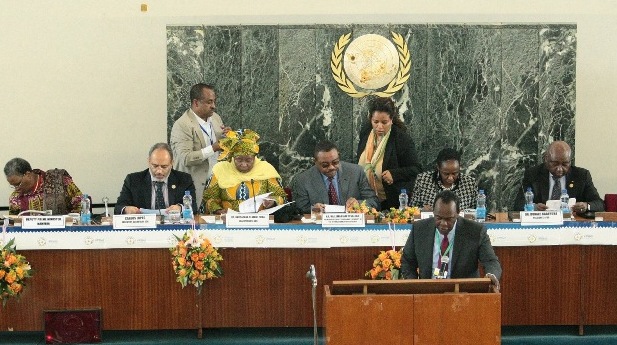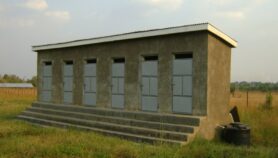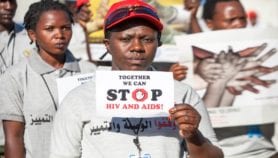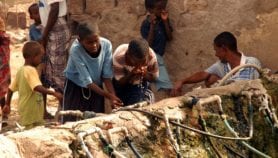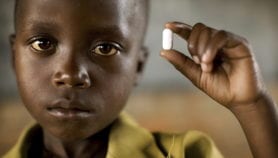By: Alberto Leny
Send to a friend
The details you provide on this page will not be used to send unsolicited email, and will not be sold to a 3rd party. See privacy policy.
What does one expect when the world’s most powerful leaders gather to discuss the future direction of the world’s least developed countries?
That was the question in my mind as I attended the 3rd International Conference on Financing for Development (FFD).
I was expecting some answers given the importance that the heads of states and governments, especially from Africa, institutional stakeholders and the private sector are attaching to the meeting.
Extraordinary efforts are needed to ensure that the annual share of development for technology benefits all, particularly the poor.
Nikhil Seth, UN Commission on Sustainable Development
Ethiopia, the host country, recorded history, becoming the first African country to stage the UN-organised FFD conference.
The UN said it would focus on “mobilising resources to achieve sustainable development” upon the expiry of the Millennium Development Goals (MDGs) to be succeeded by the Sustainable Development Goals (SDGs) in September this year.
As I joined hundreds of other participants at the opening ceremony at the headquarters of the UN Economic Commission for Africa in Addis Ababa, Ethiopia, and attended working sessions and side events, it became apparent that the future of developing countries hinges on the outcomes of the conference this week (13-16 July).
Speaking during an inter-agency working group on technology facilitation mechanism, Nikhil Seth, director of the Division for Sustainable Development, which serves as the secretariat of the UN Commission on Sustainable Development, said: “The UN secretary-general expects ministers to endorse the agenda for the hugely ambitious SDGs. Extraordinary efforts are needed to ensure that the annual share of development for technology benefits all, particularly the poor.”
My curiosity as to how financing the SDGs could be achieved was assuaged by the presence of the UN secretary-general Ban Ki Moon, World Bank president Jim Yong Kim, the United Nations Industrial Development Organization director-general Li Yong, UN Economic Commission for Africa executive secretary Carlos Lopes and the commissioner in charge of international cooperation and development at the European Commission Neven Mimica.
These heads of the world’s major development and funding institutions were keen to emphasise that they had gathered to bring a message of hope to the developing world and Africa in particular. That through the conference would focus on mobilising resources to achieve sustainable development.Prior to the event, a statement indicated that the conference would adopt an inter-governmentally negotiated and agreed outcome document —the Addis Ababa Action Agenda for the implementing the new SDGs.
The conference discussed issues such as domestic public resources, domestic and international public finance, international trade as an engine for development, debt and debt sustainability, systemic issues and science, technology, innovation and capacity building.
As the conference participants promised to develop action plans to finance the SDGs, I felt relieved that perhaps developing countries could have a bright future after the expiry of the MDGs.
This article has been produced by SciDev.Net's Sub-Saharan Africa desk.


